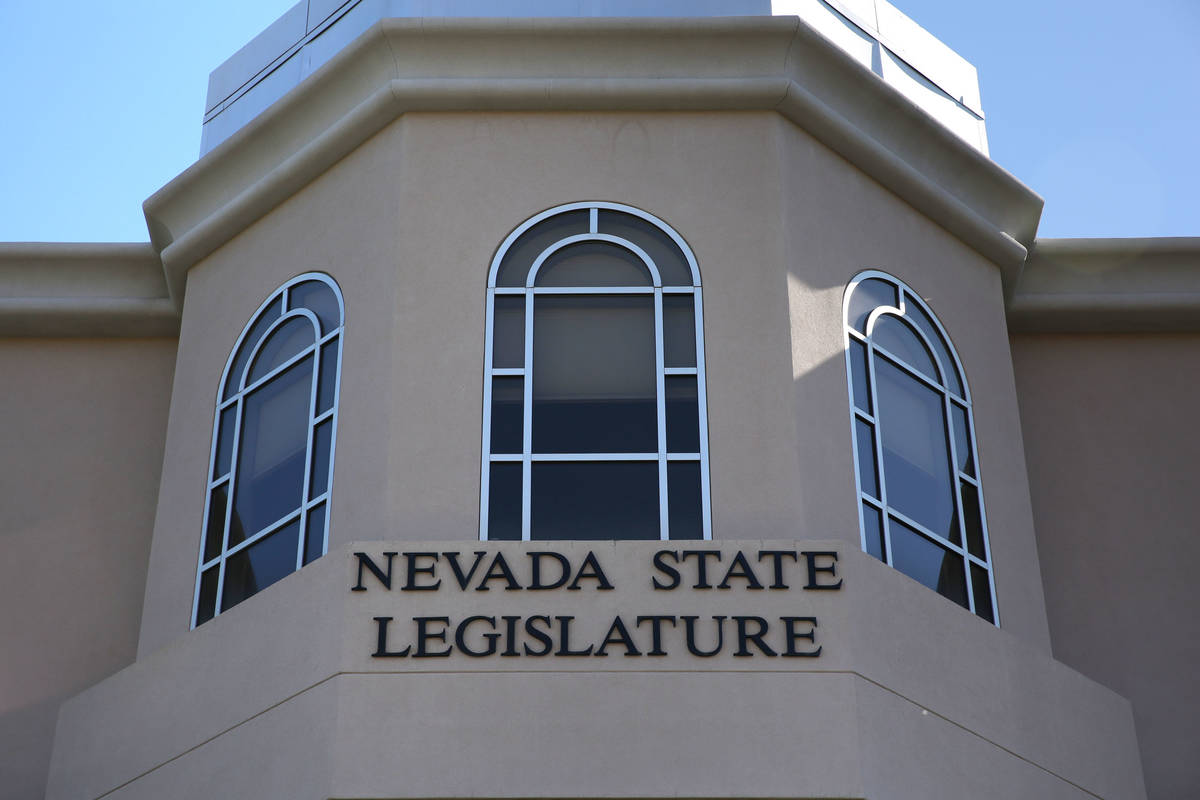Proposed bill could cause financial crisis for HOAs
Are you ready for a major financial crisis for your homeowners association? Well, Senate Bill 144 will make the Great Recession and the COVID-19 pandemic look like child’s play. Sen. Pat Spearman has proposed SB144, which would profoundly affect community associations.
■ It would eliminate nonjudicial foreclosure of delinquent assessments. Essentially, associations would be financially strapped in collecting their delinquencies as court costs substantially more money and time. If we can’t collect our assessments, we would be forced to increase assessments on the homeowners who do pay each month to cover our operating expenses.
There is no foreclosure crisis in Nevada’s HOAs. Based on Nevada Real Estate Division’s foreclosure statistics for the period July 2020 through March, there were almost no foreclosures in Northern Nevada. In Clark County, there were a total of 33 during this period, which represents 0.0037 percent of the HOA units in Clark County.
There are mandatory waiting periods in our current nonjudicial foreclosure laws and a 60-day redemption period, following the foreclosure sale, which would be lost under judicial foreclosure.
Nonjudicial foreclosure fees are capped pursuant to Nevada Administration Code 116.470. There is no cap on the cost of judicial foreclosure. Switching to judicial foreclosure will not reduce HOA foreclosures, it will only make it more expensive for delinquent owners to save their home short of foreclosure.
■ If the bill became law, it would place a temporary moratorium on assessment increases and thereafter require an HOA to seek state approval for any assessment increase. Can you imagine going through the red tape to meet the necessary increases in your operating and reserve expenses through the state bureaucracy? The logistics are staggering. There are over 3,500 HOAs in Nevada, and most have a January-to-December fiscal year. How will the state timely review and decide if these HOAs “deserve” an assessment increase?
Have you ever seen electricity, gas, water, rubbish and sewer expenses be decreased by these utilities? And the conversion to LED lighting or landscape conversion to reduce water expenses requires investing money to realize any savings.
This senator has no clue as to the increases in the operating expenses that many associations have incurred to open their facilities over the past year to meet COVID restrictions.
In addition, most governing documents have built-in restrictions as to how much an association can increase its assessments each year. Anything over their caps would require a mailing of ballots to the homeowners to meet their required approvals percentage found in their covenants, conditions and restrictions, which could easily be 51 percent or more.
■ It would require every association of 100 units or more to have and maintain a website that allows for online assessment payments. I don’t think the senator realizes just how many associations and management companies already provide such a service. For some associations and management companies, this would be an added operating expense.
Spearman has proposed a number of “conceptual amendments” that are not reflected in the version of SB144. That is available online through NELIS, the state’s legislative information system, leg.state.nv.us/App/NELIS/REL/81st2021.
The bill may be heard in a work session before the Senate Judiciary Committee this week. I urge you to contact members of the committee immediately. The email for the panel is SenJUD@sen.state.nv.us. I also have included a list of committee members and their individual emails in this column. If you are a constituent, please email your senator, personally.
■ Melanie Scheible: chair, Melanie.Scheible@sen.state.nv.us
■ Nicole Cannizzaro: vice chair, Nicole.Cannizzaro@sen.state.nv.us
■ James Ohrenschall, James.Ohrenschall@sen.state.nv.us
■ Dallas Harris, Dallas.Harris@sen.state.nv.us
■ James Settelmeyer James.Settelmeyer@sen.state.nv.us
■ Ira Hansen, Ira.Hansen@sen.state.nv.us
■ Keith Pickard, Keith.Pickard@sen.state.nv.us
Barbara Holland is a certified property manager and holds the supervisory community manager certificate with the state of Nevada. She is an author and educator on real estate management. Questions may be sent to holland744o@gmail.com.




















